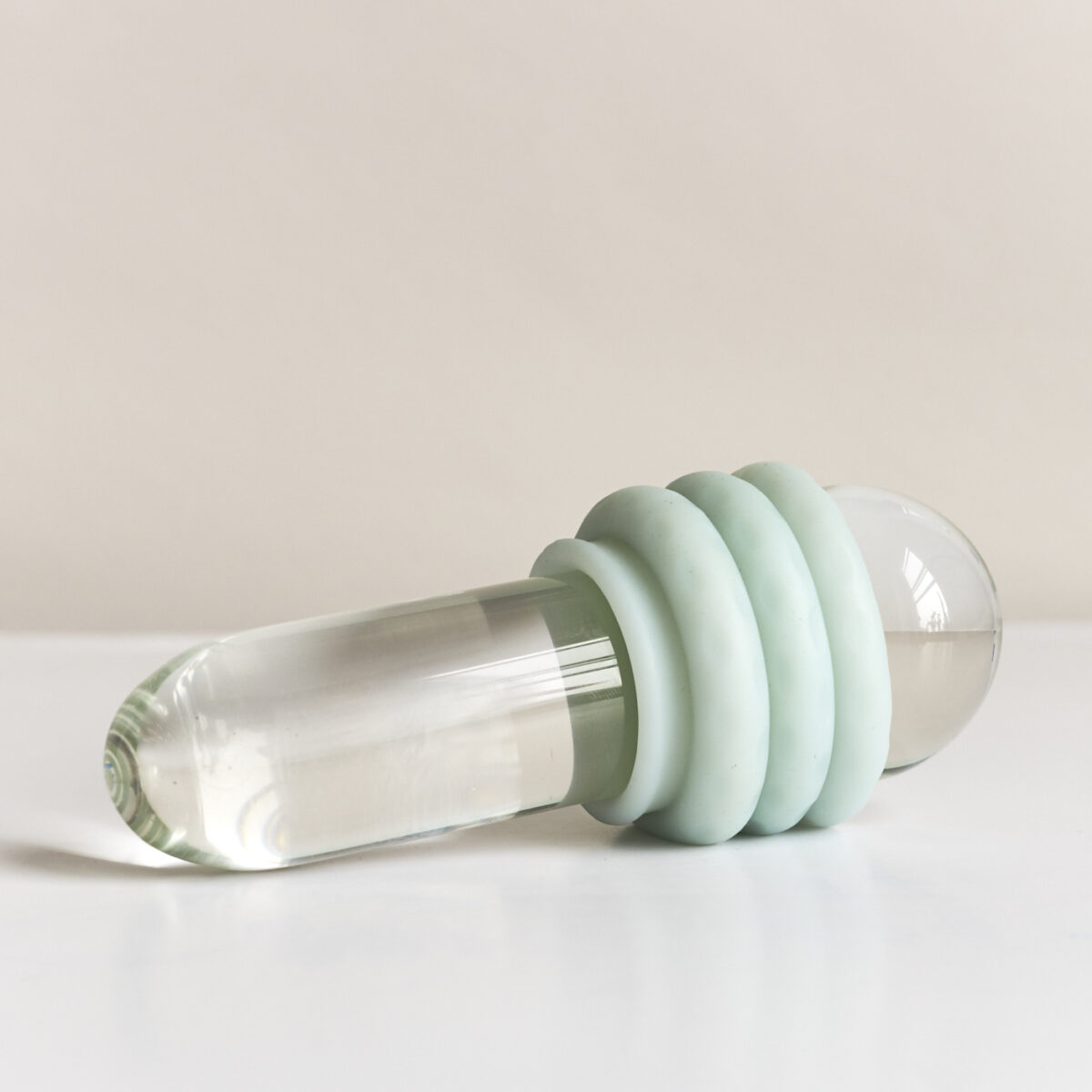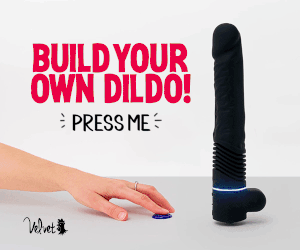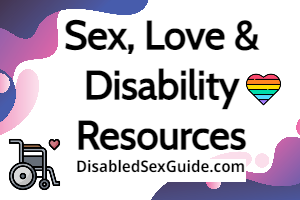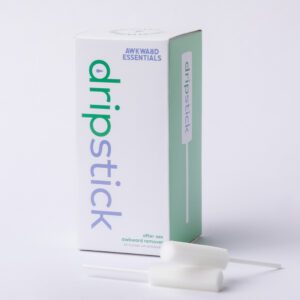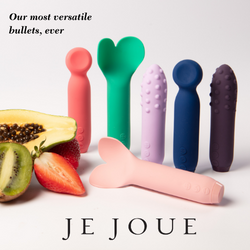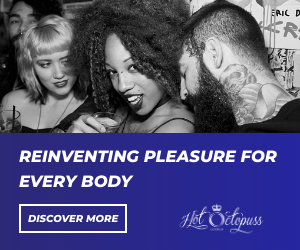Celebrate Your Body
SexForEveryBody.com is supported by our readers. We may earn a commission if you buy through links on our site. Learn more.
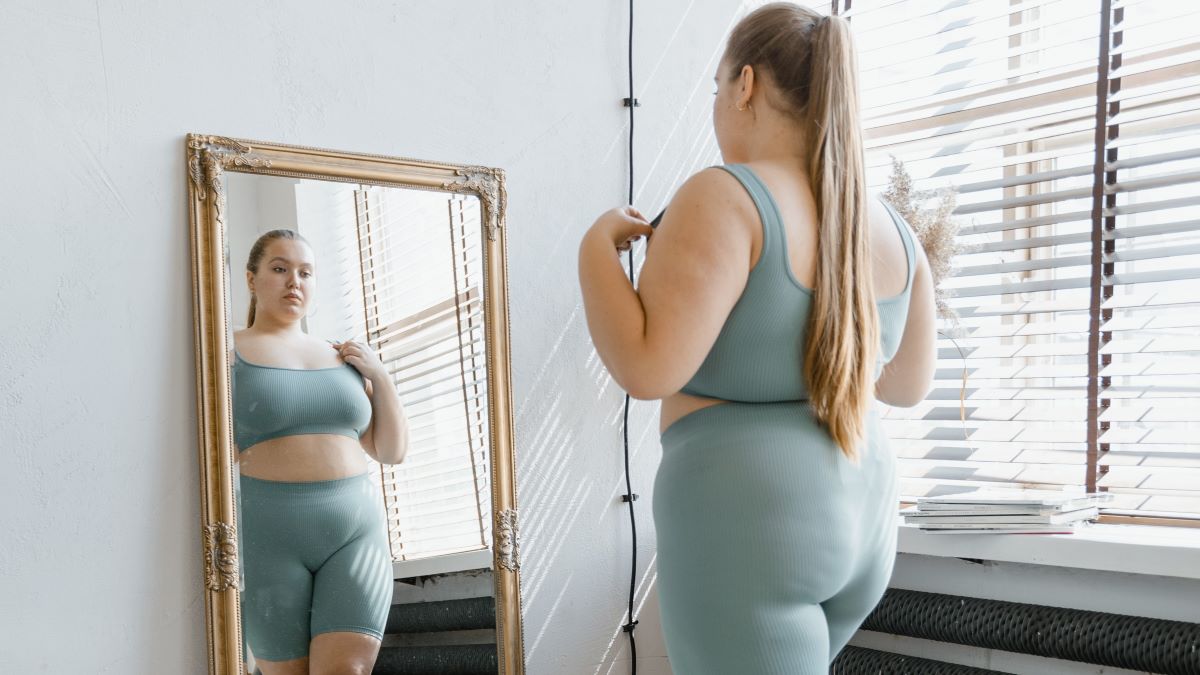
I want you to do something. Not for me, but for you. I wish I could say it’s going to be easy, but the reason why it’s so often challenging perfectly highlights why it’s so important—and not just for you but for so many other people, as well.
Ready? Well, here it is: I want you to stand naked in front of a mirror.
And there it is: that feeling you no doubt had even thinking of doing that. Embarrassment, humiliation, shame, guilt, and more—a rapid staccato of negative emotions about how you look.
And you are far from alone in this. Sure, a few of you were spared from those dark feelings but you are a distinct minority.
As an illustration of how prevalent having a negative body image is, back in 2017 PsychologyToday asked experts to oversee a study of 4,000 participants that found that 71% of women were unhappy with their physical appearance.
But even this is arguably optimistic, as the survey they used predominantly focused on heterosexual Caucasian women (3,452) and men (548), rather than being gender-inclusive, culturally diverse, or including a range of sexual orientations.
Worse still, the study also doesn’t take into account how being part of certain societies, or even as a member of various subcultures can also negatively affect how someone feels about their body.
The problem doesn’t just stop at feeling bad about our appearance, as body-shaming, internalized or from outside stressors, can also lead to chronic depression, eating disorders, poor health decisions, self-harm, or even suicide.
Related Read: Nuovo Photography Review: My Semi-Nude Photoshoot
The media and judging ourselves
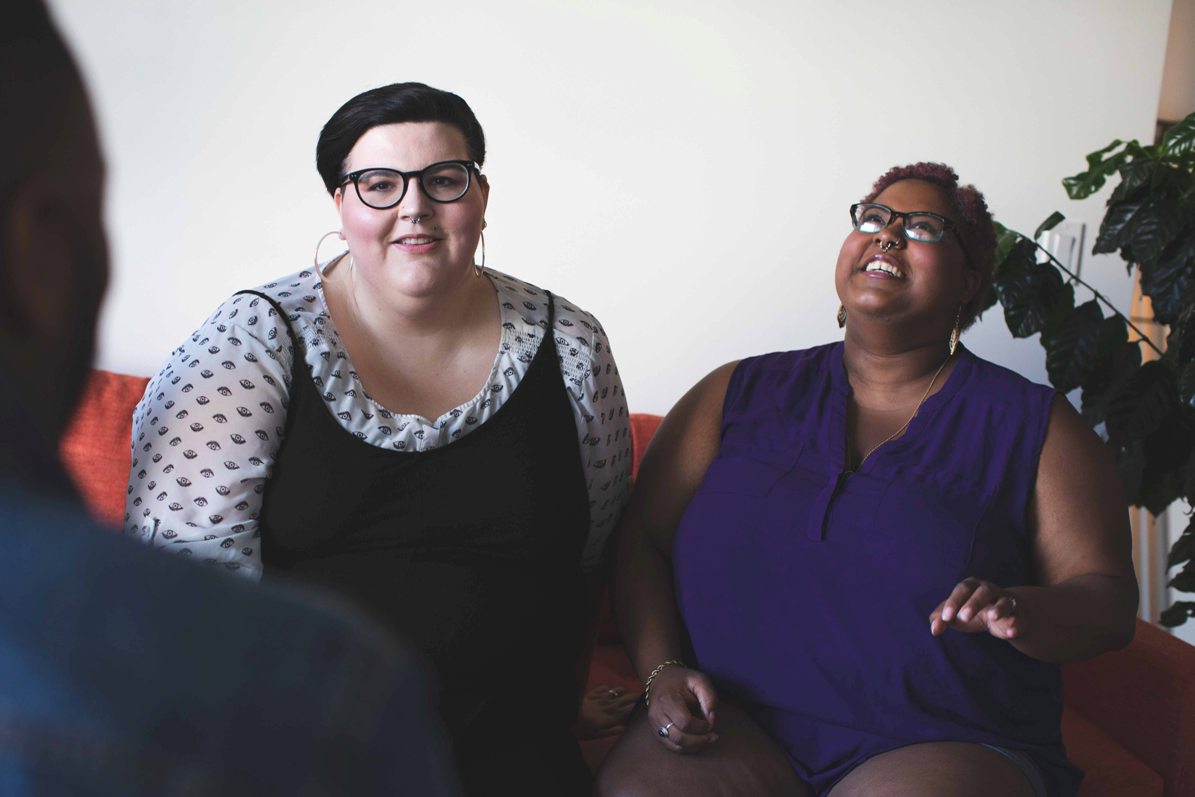
And without putting a great deal of thought into it we know where all this comes from. Understanding that unrealistic media representation of physical appearance is one thing, but actually doing something about it is quite another.
Not to be flippant about this incredibly serious, and so thoroughly enmeshed societal problem, one way to begin to do just that is to make the issue personal.
By that, I mean to work on changing your own perspective rather than fruitlessly challenging the media juggernaut and the product-placement mythology it built up around what we should, or shouldn’t, look like.
For the record, I’m not saying to turn a blind eye, because if the media is going to change it’s not because it suddenly sees how much harm it’s caused to so many but rather because begin to stand together in protest: voting with our wallets as well as being persistently vocal on social media.
But this battle has to be fought at home before anywhere else, with a great first volley being that not-very-easy thing of learning to appreciate your body for what it is, instead of what it isn’t.
In short, try to cherish your body: for yourself, certainly, but also to support those around you who also might be feeling guilt, shame, and humiliation about their appearance.
Everyone is desirable
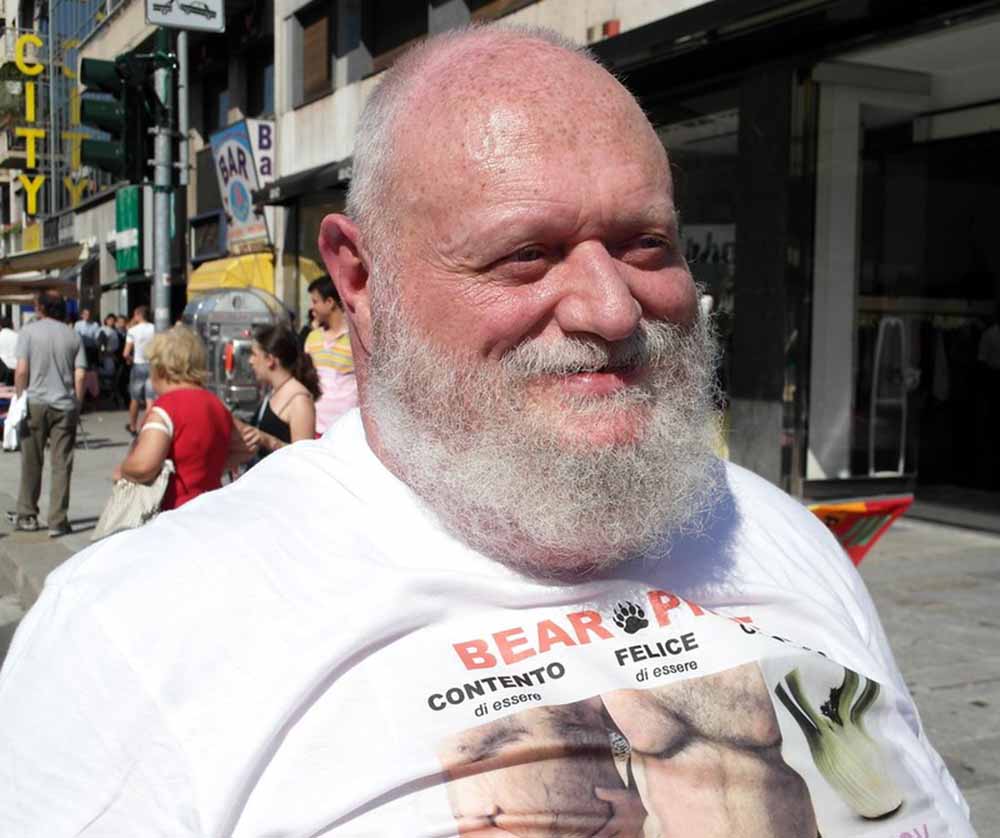
I wish I could throw out some nifty little tips and techniques on how you might go about this, but as it’s your fight your own way of getting from here to there it’s a matter of finding out what works and what doesn’t.
One way to potentially begin could be to acknowledge that the media constantly lies about the human body. If they haven’t been digitally tweaked—airbrushed if you want to go old-school—or skillfully made-up they lie by depicting a single moment in time.
By that I mean when you look at some performer or other and think that’s what they must look like all the time—when the reality is before and after they’ve recorded actually go back to looking like pretty much the rest of us.
Another method to boost your body self-esteem could be in celebrating those occasions when the media actually gets it right for once in showing that being beautiful and, best of all, sexy by looking like people and not manikins.
Just at Lizzo: an accomplished musician and performer who joyously celebrates being a big beautiful black woman; or Helen Mirren, who at 75 is still seen as a sex symbol; and not to forget other performers, off the top of my head, like Ten Danson, Colin Firth, or John Goodman.
There’s also power in flipping the script by considering what you find attractive. While many of us are turned on by certain things in the media, we also have desires that may not be: eyeglasses, bellies, tallness or shortness, gray hairs, this or that body type, etc.
The idea here is that if you find these kinds of things attractive then it should be equally wonderful that someone else should find you beautiful as well.
This was perfectly put out there by a good friend of mine, who said: “No matter who you are, or what you look like, there are people out there who’d pay good money to see you naked.”
It might sound strange at first but I adore that idea. Yes, it commercializes the issue but I actually find it playfully encouraging—even more so as I just turned the big six-oh and have been trying to process a lot of body-image stuff accordingly.
You are beautiful
More than anything, however, try to turn that appreciation of a real human body inward rather than outward.
Being that while you can get a self-esteem boost seeing yourself reflected in the media, or feeling bolstered that we are slowly beginning to see performers who look like real people, this still puts how you feel about your body in the hands of others.
It won’t be easy, what with you and practically everyone else on this planet being exposed 24/7 to a barrage of body images that no one—not even those starring in them—could ever hope to achieve in real life.
Not easy, but extremely important. It may take time, and a good amount of hard emotional work, but there will come a day when you’ll be able to move beyond all your media-fed, self-destructive illusions.
And when that happens, you’ll be able to take off your clothes, stand in front of a mirror, and see yourself as you truly are: beautiful!
Image sources: Skeyndor, Allgo, Franco Dal Molin
M.Christian loves nothing better than exploring the intersections of sex and technology—and speculating on the future of both. A highly regarded erotica writer he has six novels,12 collections,100+ short stories, and 25 anthologies as an editor to his name. His non-fiction regularly appears n many sites, but he’s most proud of being a regular contributor to Future of Sex.
Of his erotic fiction, Tristan Taormino said that “M.Christian is a literary stylist of the highest caliber: smart, funny, frightening, sexy—there’s nothing he can’t write about … and brilliantly.”
Reflecting his unique ability to sympathetically and convincingly write for a range of genders and sexual orientations, his stories have appeared in multiple editions of Best American Erotica, Best Gay Erotica, Best Lesbian Erotica, The Mammoth Books of Erotica, and others. His collection of gay erotic fiction, Dirty Words, was a finalist for the Lambda Literary Award.
While a majority of his stories have been collected into books like Dirty Words, his fondness for combining sex and science fiction is clearly evident in collections that include Rude Mechanicals, Technorotica, Better Than The Real Thing, Skin Effect Effect, Bachelor Machine, and Hard Drive: The Best Sci-Fi Erotica of M.Christian.
As a novelist, M.Christian’s versatility is on full display with <em?Running Dry, The Very Bloody Marys, Brushes, Painted Doll; and the somewhat controversial queer BDSM/horror/thrillers Finger’s Breadth, and Me2.
M.Christian has worked on the industry’s production side as an Associate Publisher for Renaissance E Books and as a Publisher for Digital Parchment Services. The latter dedicated to celebrating the works of science-fiction legends such as William Rotsler, Jerome Bixby, Jody Scott, Arthur Byron Cover, Ernest Hogan, and James Van Hise.
Covering topics like BDSM safety, sexual education, senior sexuality concerns, queer and gender issues, plus reviewing a variety of sextech products, M.Christian’s non-fiction has appeared on sites like Kinkly, Tickle.Life, Sexpert, Queer Majority, Sex for Every Body, and—of course—his ongoing work for Future of Sex.
If there’s anything M.Christian enjoys more than writing, it’s teaching. A featured presenter, sometimes with his friend Ralph Greco Jr, at national sex and BDSM events, he’s lectured on kink play (with an emphasis on safety), polyamory, boosting sexual creativity, and erotica writing–for beginners or those wanting to go pro.
M.Christian is a cohost on two popular sex-education podcasts: Love’s Outer Limits with Dr. Amy Marsh and Licking Non-Vanilla with Ralph Greco, Jr.
M.Christian’s Books (Sizzler Editions)
M.Christian’s Audiobooks


